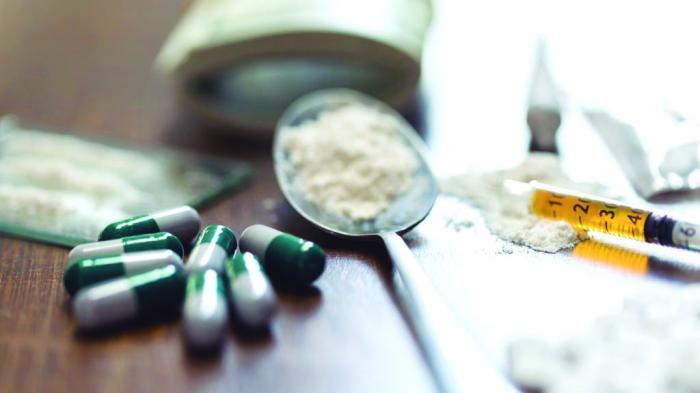In the first half of 2025, Cuba’s judicial system demonstrated its stringent approach to drug-related crimes, with 98% of individuals tried for such offenses being convicted. This high conviction rate underscores the country’s rigorous enforcement of laws against illicit substances, particularly synthetic cannabinoids, which have become a growing concern in the capital. The Supreme People’s Court recently approved Ruling 476, which provides detailed guidelines for prosecuting cases involving these potent and harmful substances. The ruling emphasizes the need to consider the high toxicity, addiction potential, and health risks associated with synthetic cannabinoids when determining penalties. It also establishes specific criteria for classifying aggravated trafficking offenses, regardless of the quantity seized. Penalties for possession or trafficking of these substances range from one to 30 years of imprisonment, with life imprisonment and even the death penalty as possible outcomes. The ruling also highlights the importance of expert testimony from Criminalistics and Toxicology laboratories to assess the substance’s harmful effects and potential impact on public health. Additionally, the court noted that 84% of those convicted were sentenced to imprisonment, with 92% of those sentences being enforced. The low rate of release benefits for drug offenders reflects Cuba’s strict penal and penitentiary policies, aimed at safeguarding public health, social order, and national security.
